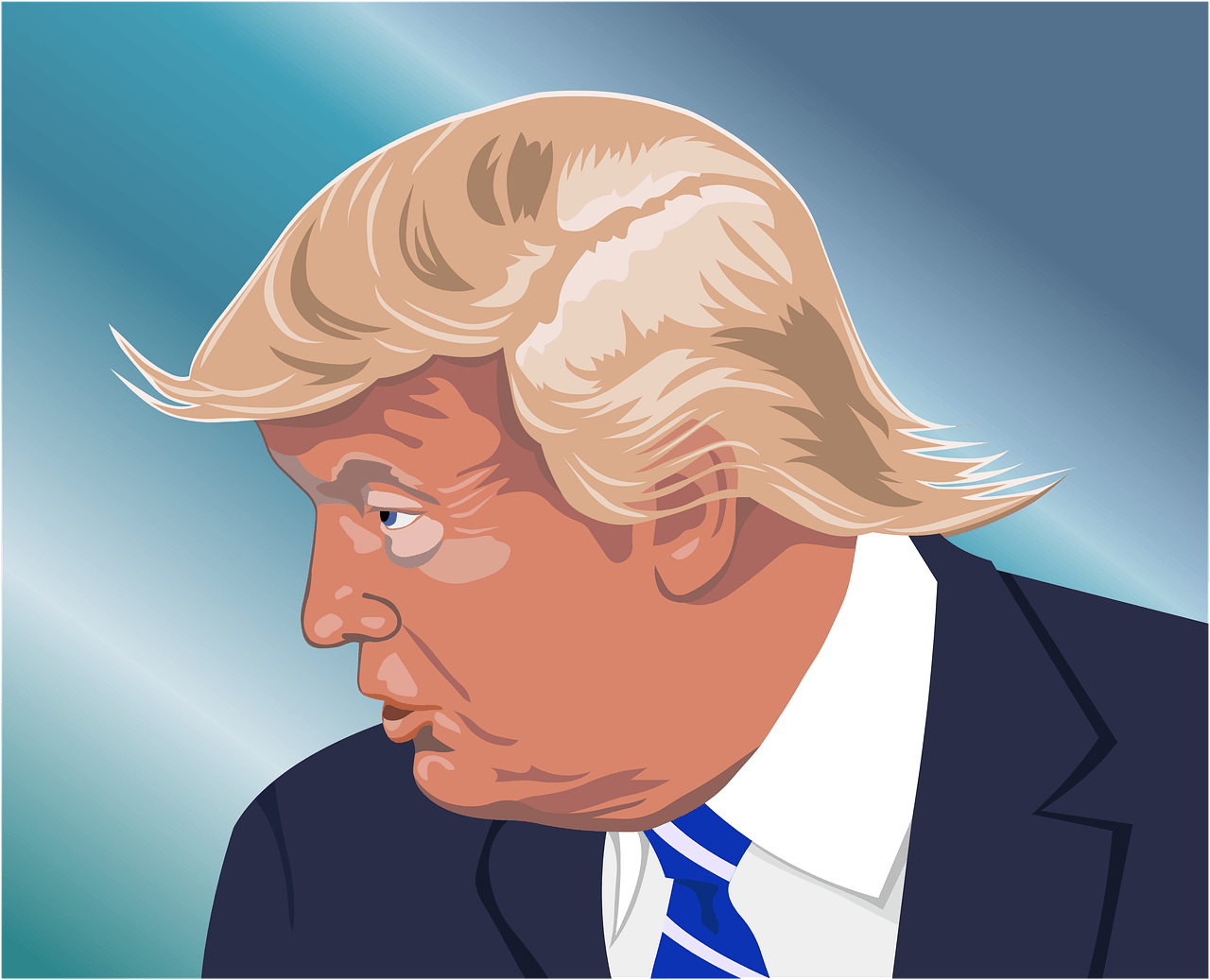Trump At “Substantial Risk” of Prison – Brookings; He and Giuliani May Have Committed Many Different State Crimes
Q2 2021 hedge fund letters, conferences and more
Trump At Risk Of Being Imprisoned
WASHINGTON, D.C. (September 27, 2021) - In a very detailed report over 100 pages long, seven legal experts explain for the prestigious Brookings Institution why former president Donald Trump's efforts to change the outcome of Georgia's presidential votes leaves him at “substantial risk of possible state charges predicated on multiple crimes” now being investigated by Fulton County District Attorney Fani Willis.
While largely centered on the Jan. 2 phone call between Trump and Secretary of State Brad Raffensperger - during which Trump tried to coerce the GOP elections official to “find” enough votes to reverse his narrow defeat - it also includes direct calls to Gov. Brian Kemp and state Attorney General Chris Carr, and efforts by Trump's attorney Rudy Giuliani to lobby state legislators to take extraordinary action.
The crimes for which Trump (and perhaps Giuliani) is likely to be indicted as a result of the ongoing investigation include, according to Brookings, criminal solicitation to commit election fraud, intentional interference with performance of election duties, conspiracy to commit election fraud, racketeering, and violations of more than a dozen other state statutes.
“Stated simply, soliciting and then threatening senior state officials to alter the outcome of a presidential election does not fall within any reasoned conception of the scope of presidential power,” the report concluded.
Willis' Georgia investigation was triggered by a formal criminal complaint against Trump filed by public interest law professor John Banzhaf who alleged that Trump had violated:
1. GA Code § 21-2-603 - Conspiracy to Commit Election Fraud
2. GA Code § 21-2-604 - Criminal Solicitation to Commit Election Fraud
3. GA Code § 21-2-597 - Intentional Interference With Performance of Election Duties
A Crime Under Federal Law
Banzhaf also argued that Trump's actions may also constitute a crime under federal law; for example 52 USC 20511: VOTING AND ELECTIONS, Criminal penalties.
Willis' decision to investigate whether the former president might even be guilty of a criminal racketeering conspiracy came as a surprise to many, but not to those familiar with her litigation record.
Indeed, she has now hired one of the country's leading experts on state racketeering cases to help conduct the investigation; a further signal that the DA in hoping to bring a RICO case against Trump, says Banzhaf.
Although Willis is already very familiar with Georgia's far reaching RICO statute as a result of winning an unusual RICO case against some teachers who had cheated, she has nevertheless engaged the lawyer who literally wrote the book on state RICO prosecutions - “RICO State by State: A Guide to Litigation Under the State Racketeering Statutes” - to help her carry out a wide ranging investigation which she had earlier said would include possible racketeering activity.
Prof. Banzhaf, who is familiar with the federal RICO statute since he produced the memo which led to the federal government's successful RICO prosecution against the major tobacco companies, points out that the Georgia RICO statute is even more powerful and far reaching than the federal one.
Illegal Racketeering Activities
Among other things, it defines racketeering more broadly than the federal law, takes less to prove a pattern of racketeering activity, and does not always require the existence of an enterprise - especially an illegal or criminal enterprise - to constitute racketeering. For example, the "enterprise" she successfully used in her RICO teacher-cheating case was a school.
Also, notes Banzhaf, although RICO requires at least two independent illegal racketeering activities - "predicate acts" - to prove a pattern of corruption by Trump and his alleged co-conspirators, making false statements such as Trump and some of his allies are alleged to have made would satisfy Georgia's RICO law.
Racketeering, which is a felony in Georgia, can carry penalties of up to 20 years in prison, a hefty fine, and disgorgements of ill-gotten gains. Most felons in Georgia convicted of racketeering offenses do serve time in prison, Banzhaf points out.
This RICO probe is one of the most serious legal threat Trump faces now that he no longer enjoys any protection as president, notes Banzhaf. It is a very far ranging statute which permits wide disclosure and has a very heavy penalty.
The ongoing criminal investigation in Georgia is seen as a particularly dangerous threat to Trump because it is being run by a driven and ambitious district attorney in a county which overwhelmingly rejected Trump. Thus she has much to gain by prosecuting the former president, and any such prosecution would be before a jury inclined to dislike the former president, notes Banzhaf.





